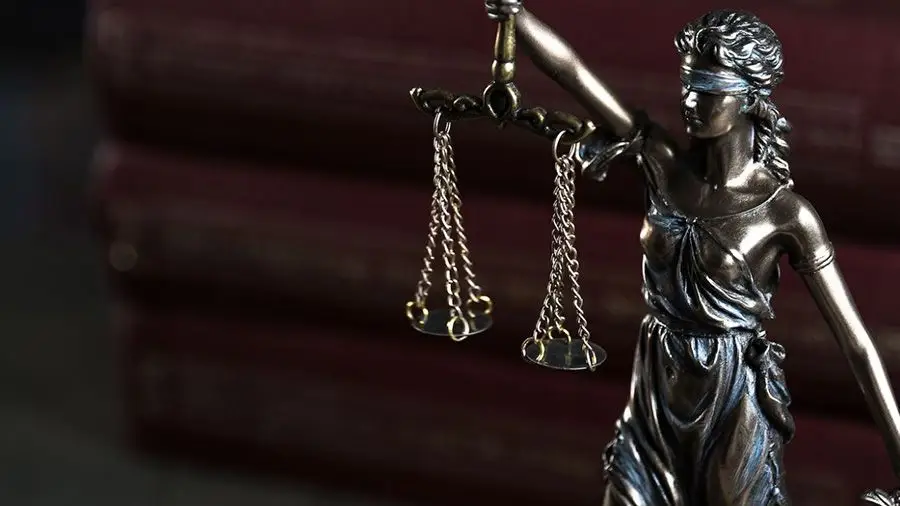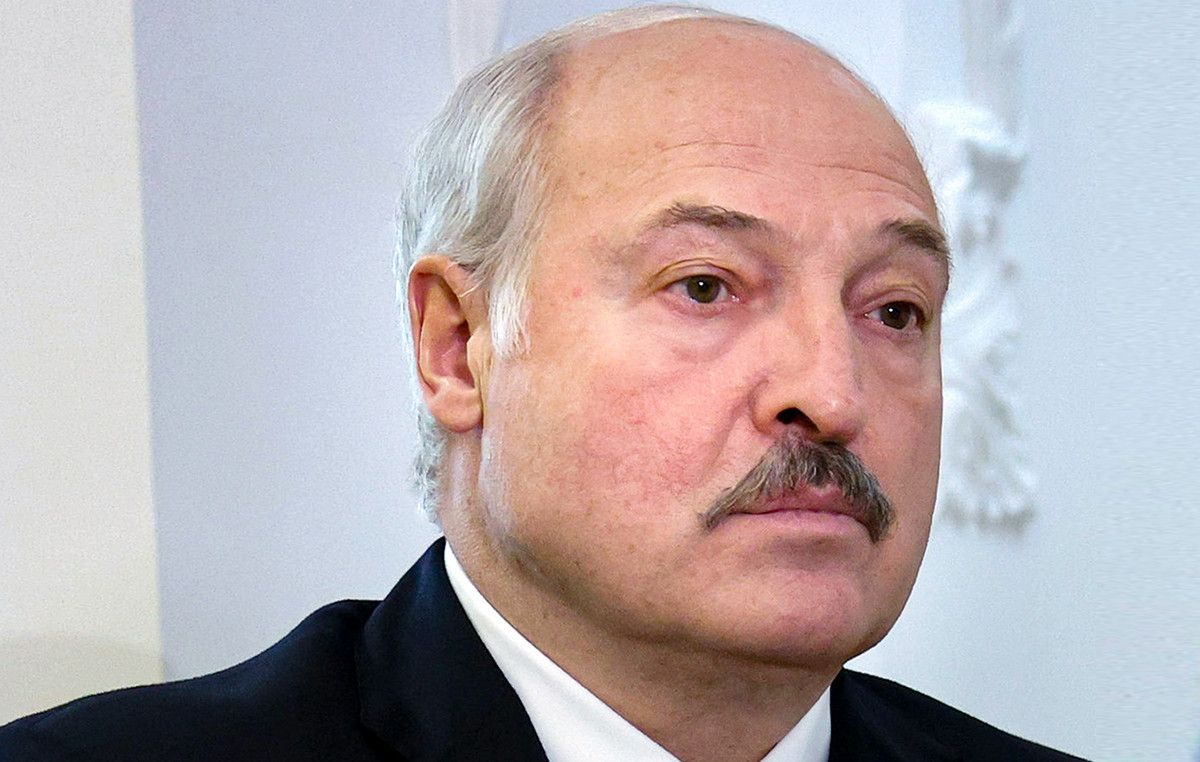The Hong Kong government announced the end of the formal quarantine for international travelers after more than two and a half years of stringent pandemic controls.
Under the new rules, which will take effect from September 26, arriving travelers must undergo three days of monitoring upon arrival.
The Hong Kong government has faced considerable pressure from the business community and some public health officials to ease restrictions amid a faltering economy, an outflow of foreigners and concerns that the financial hub, formerly known as “Asia’s World City ”, was being left behind as the rest of the world overcame the pandemic.
Questions over when the city will loosen restrictions became more pointed as two major international events, the Hong Kong Sevens rugby tournament and a global banking conference, were scheduled for November and seen as a way to revive the beleaguered city, which was rocked in recent years by pro-democracy protests and a subsequent clampdown on civil liberties by Beijing.
While several governments implemented border controls after the outbreak of the pandemic, most reversed the measures, including Singapore, which normally competes with Hong Kong to attract foreign business and talent.
Unlike other global hubs, Hong Kong’s Covid-19 policies have long been seen as closely tied to mainland China, where Beijing continues to maintain a strict Covid-19 policy and border quarantines, with no signs of easing, as eliminating the infection remains a top priority.
Calls for international border controls to be loosened under the leadership of Lee’s predecessor Carrie Lam, who left office on June 30, have been thwarted by a competing demand to open up unquarantined travel to the mainland – a proposal that is still ongoing. was not fulfilled.
A public sign of Beijing’s support for Hong Kong’s new political route came on Sept. according to your local situation and the adjustments made need not be “overinterpreted”.
While the new policy for international arrivals in Hong Kong may not be a harbinger of an imminent change in mainland politics, it is a mark of diverging situations on either side of the border.
While the city kept local cases to a minimum for the first two years of the pandemic, Hong Kong experienced an explosive outbreak of the highly infectious Omicron variant earlier this year and has not revived a zero Covid stance since.
Instead, the city continued to record between hundreds and thousands of cases daily. Official records show that more than 1.7 million cases have been reported in the city, out of 7.4 million, although experts believe the real number is higher.
In mainland China, on the other hand, the vast majority of the country has yet to be exposed to the virus — putting its population at a deficit when it comes to natural immunity to infection, a concern for health officials there who fear the strain of a virus. on a large scale. outbreak in the health system.
Hong Kong’s new measures come more than 900 days after the city first enacted border restrictions in March 2020 and nearly two years after it mandated hotel quarantine for all international arrivals in December 2020. the quarantine period has been extended to 21 days.
Travelers who tested positive during quarantine were transferred to designated facilities, including, at times, government-run camps.
The program has become increasingly controversial among the public after Covid-19 vaccines became widely available, the number of local cases increased, and places with similar systems, such as New Zealand and Australia, opened their borders.
This summer, the shortage of available hotel rooms and limited flights added to public outrage, as travelers risked being stranded outside the city until a free room opened if their itinerary was disrupted, for example, catching Covid-19. 19 or rescheduling a flight.
Certain restrictions have been relaxed in recent months. In May, non-Hong Kong residents were allowed into the city from abroad for the first time in more than two years, while a scheme that suspended some flights with passengers who tested positive for Covid was scrapped in July.
Earlier this summer, Lee’s administration reduced the one-week quarantine to three days, as well as an additional four days of health monitoring, during which arrivals cannot go to places like bars, gyms and restaurants. But hotel quarantine requirements and pre-flight testing were seen as a significant obstacle to travel to the city, and questions remain over what role the new plan will play in reviving the city’s once-vibrant tourism industry.
Source: CNN Brasil
I’m James Harper, a highly experienced and accomplished news writer for World Stock Market. I have been writing in the Politics section of the website for over five years, providing readers with up-to-date and insightful information about current events in politics. My work is widely read and respected by many industry professionals as well as laymen.







